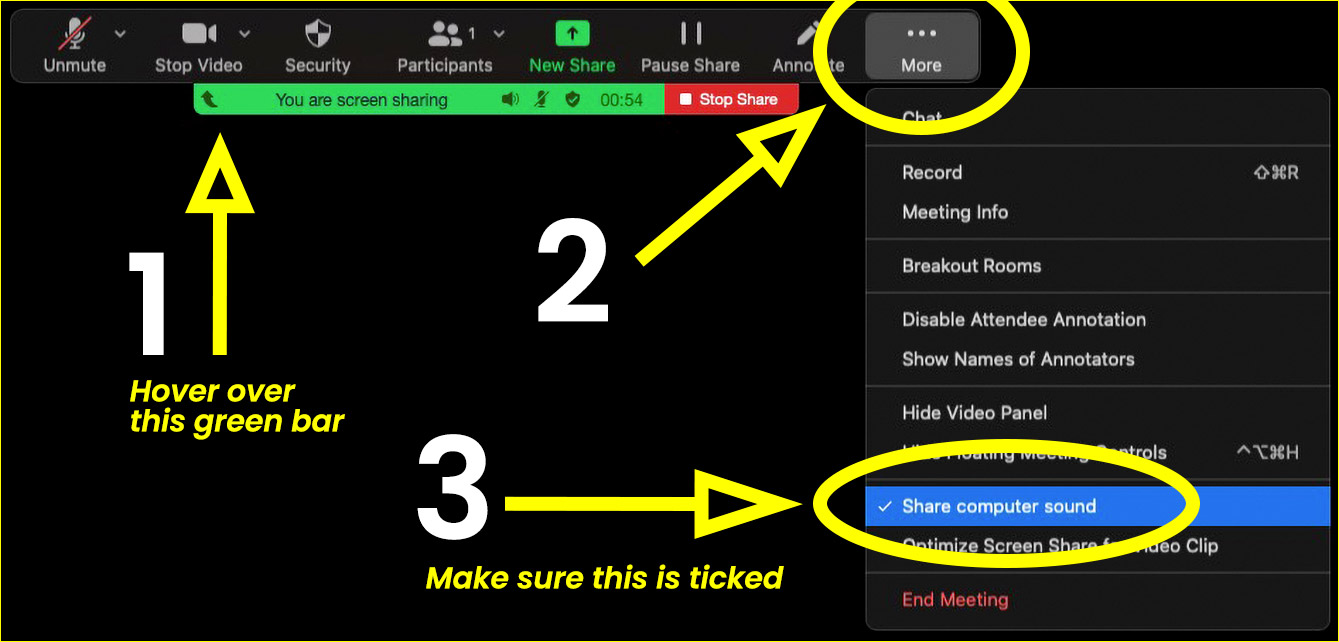As we are building our company around an emerging industry, we have begun to understand that breaking new ground and creating something that has not existed in mainstream form before is requiring some serious thought around how to articulate what we are doing.
A recent example of this is based around the multiple roles we are requiring actors to have as part of our experiences. Let me explain.
A unique use of theatre
We have created two large-scale immersive entertainment events that incorporate a range of creative disciplines; including theatre.
The first was that of a mass escape game from an iconic Brisbane prison (it was disused – don’t worry!). We cast our audience into the character of inmate with the goal to join the revolt against the guard and make their escape. The second was a festival wide experience at the Queensland University of Technology (QUT) to explore and discover a hidden world in the CreateX festival.
In both these experiences we devised characters to fill the world we had created, while also giving them the role to facilitate the experience and guide the audience. As we didn’t have terminology to describe this role, we used the concept of ‘immersive theatre’ as a reference point to give some context to our actors.
For those unfamiliar, a loose definition of immersive theatre is where the audience is placed in the middle of the action, therefore becoming involved in the story and performance in some capacity; they are not merely bystanders. However, the audience still remains at large an audience. The difference between this definition and our experiences is that we are casting our ‘audience’ into the main character, requiring them to drive their own story and level of participation.
What I observed in both instances of our large-scale experiences is that we were demanding a lot more from our actors than what might traditionally be required. Suddenly our characters were also game masters, safety officers, problem solvers and observers. In short, we required them to perform very specific functional roles to manage the success of the participant experience. From my understanding, I believe that this is beyond the thought and execution of immersive theatre.
This sparked the thought: is it functional theatre?
Given that I have not encountered this terminology before, we believe a definition could be; as audience members direct their own involvement within a created experience, actors are performing multiple support tasks to practically facilitate and theatrically immerse participants in the world while maintaining a character.
Given the multifaceted requirements of characters in these scenarios, I also have begun to understand that it requires a different skill set. Not only are our actors required to interact and respond to participants (half from script, half improvised), they are also required to give direction, hints, moderate players behaviour, fix game problems, communicate with control, and perform for extended periods; all without breaking character.
Another interesting point that was observed in our QUT experience was that our actors developed characters that were more closely aligned to their own personalities in order to manage all the obligations that came with the role.
Given all this new understanding, our next challenge is to look at the balance of event mechanics and theatrical elements in our experiences to understand further this interplay of multi-disciplinary functions. Perhaps freeing up our actors to be less functional within our experiences will enhance the audience experience further? I don’t doubt that we will still require more of our actors than normal… it’s just our style!

